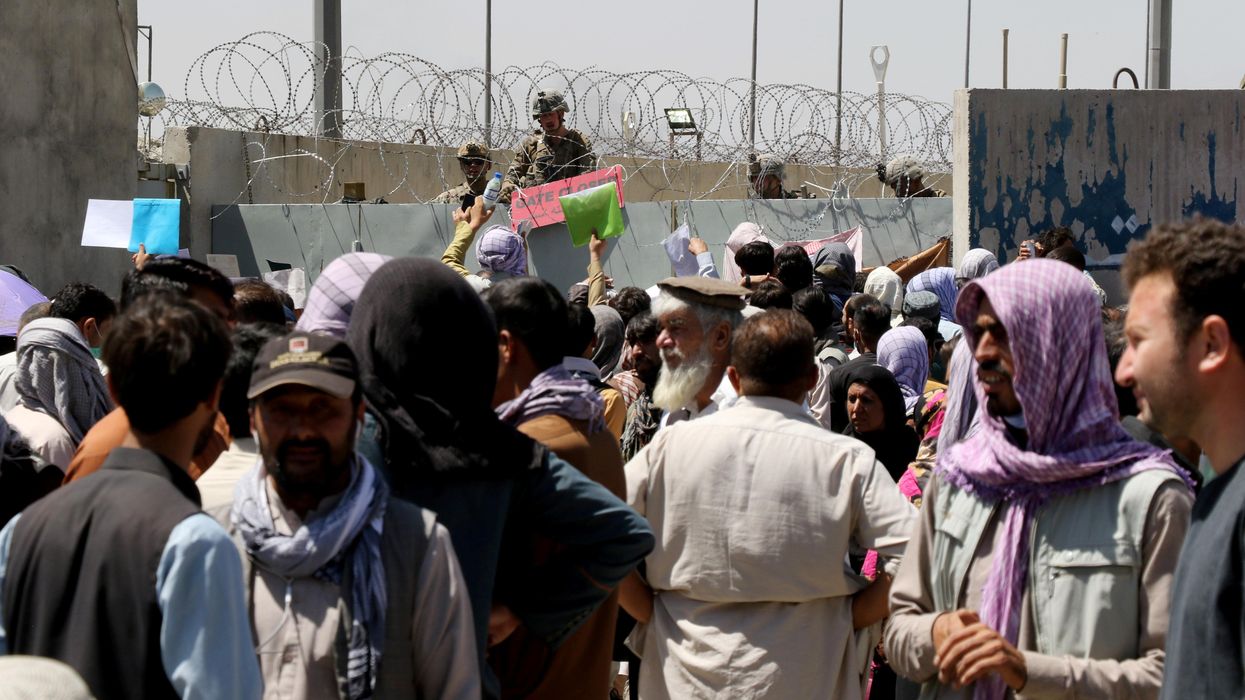The Red Pen
Biden's mistakes in Afghanistan were not "dereliction of duty"
In his latest Washington Post op-ed, Marc Thiessen makes strong statements about how and why the Taliban came to take control of Kabul. There have been big mistakes in executing this exit. But "dereliction of duty?" Not in our view. Ian Bremmer and Eurasia Group analyst Charles Dunst explain why in this edition of The Red Pen.
Sep 02, 2021



